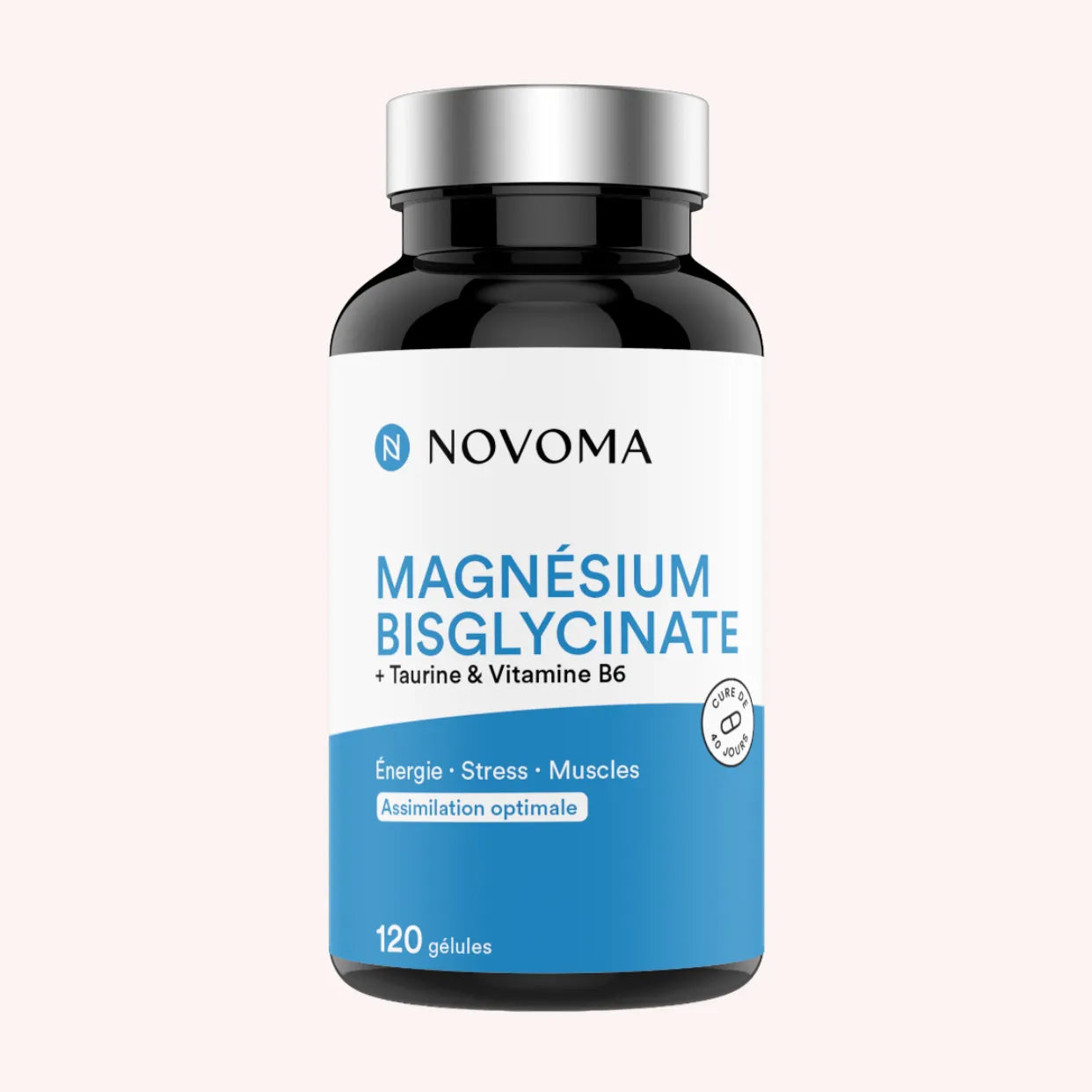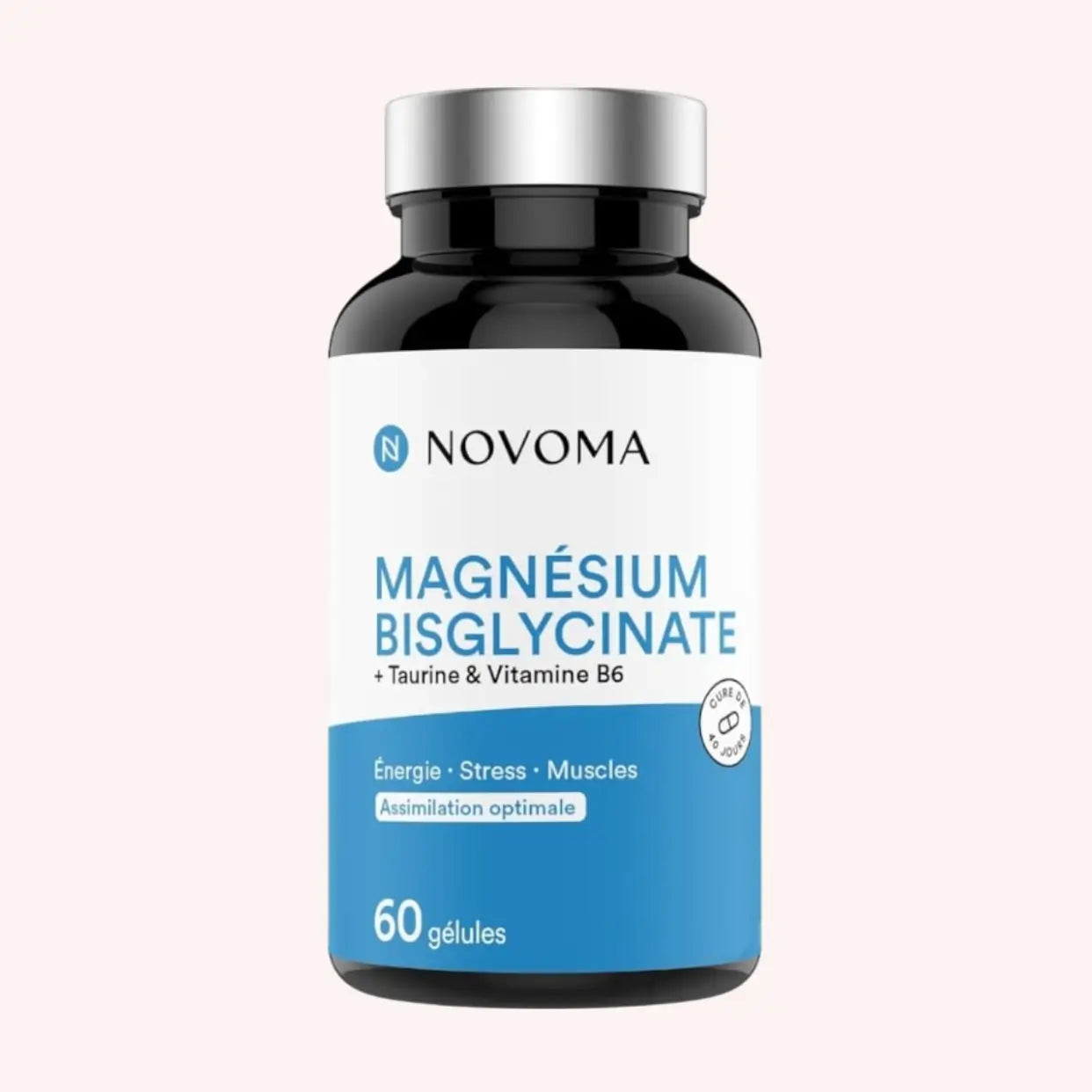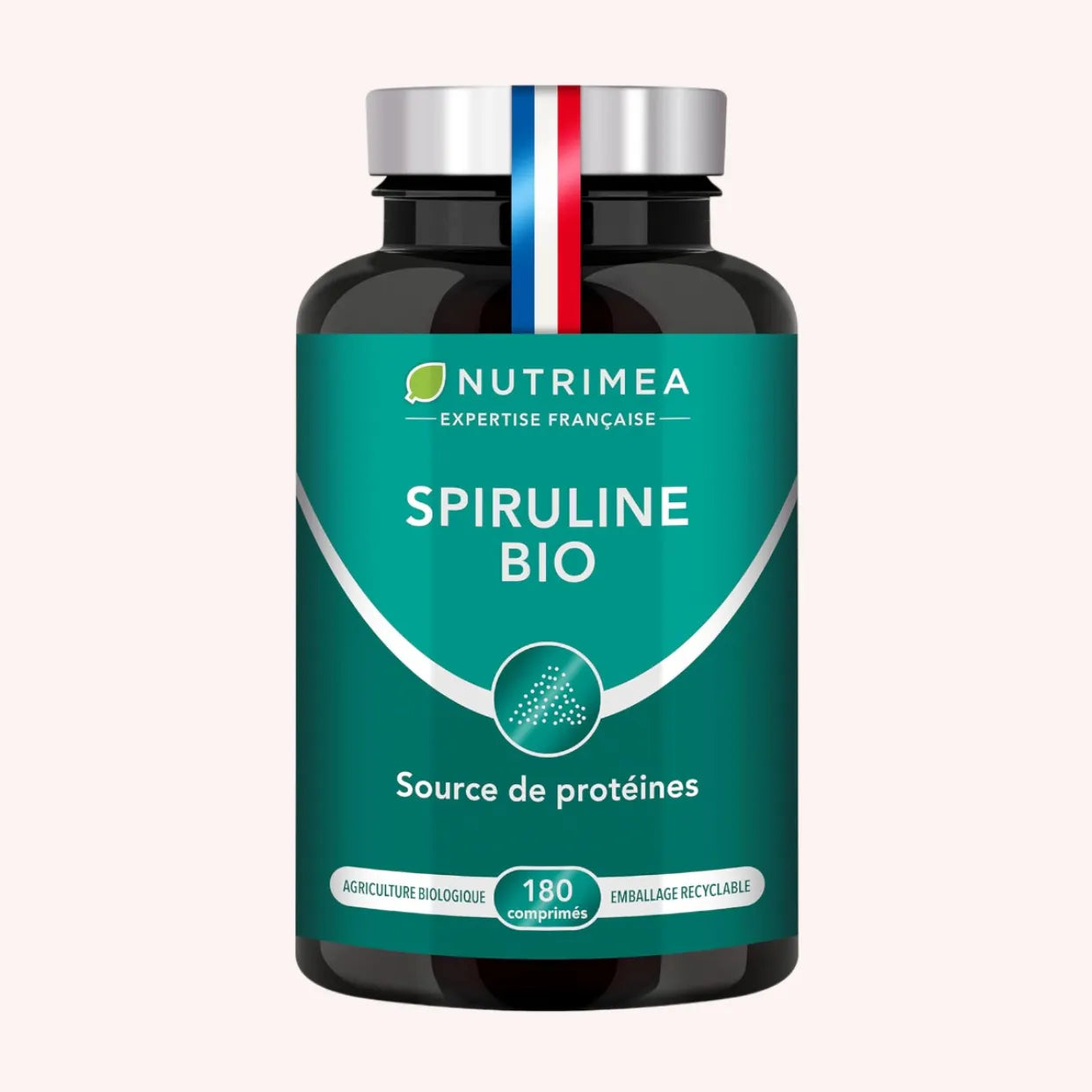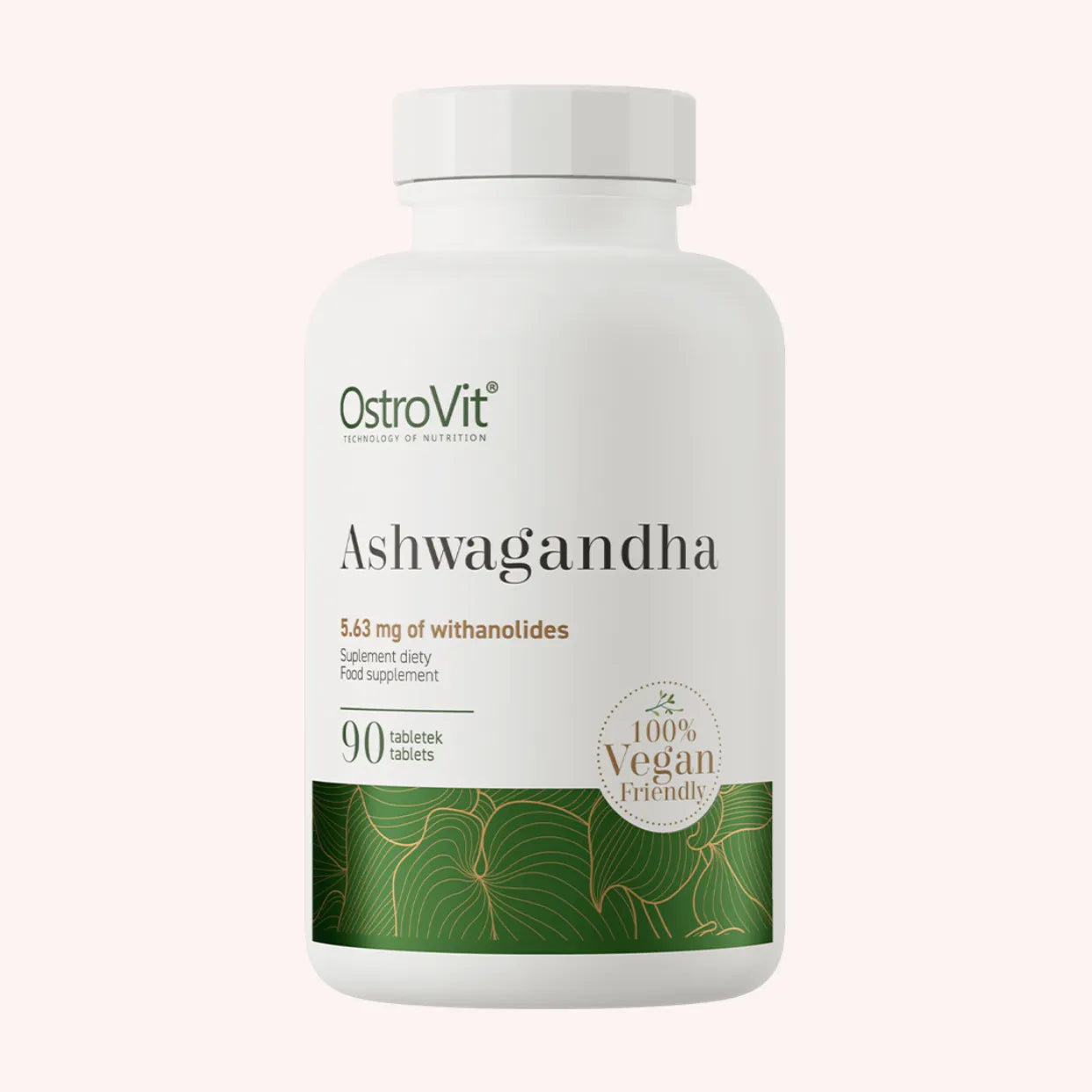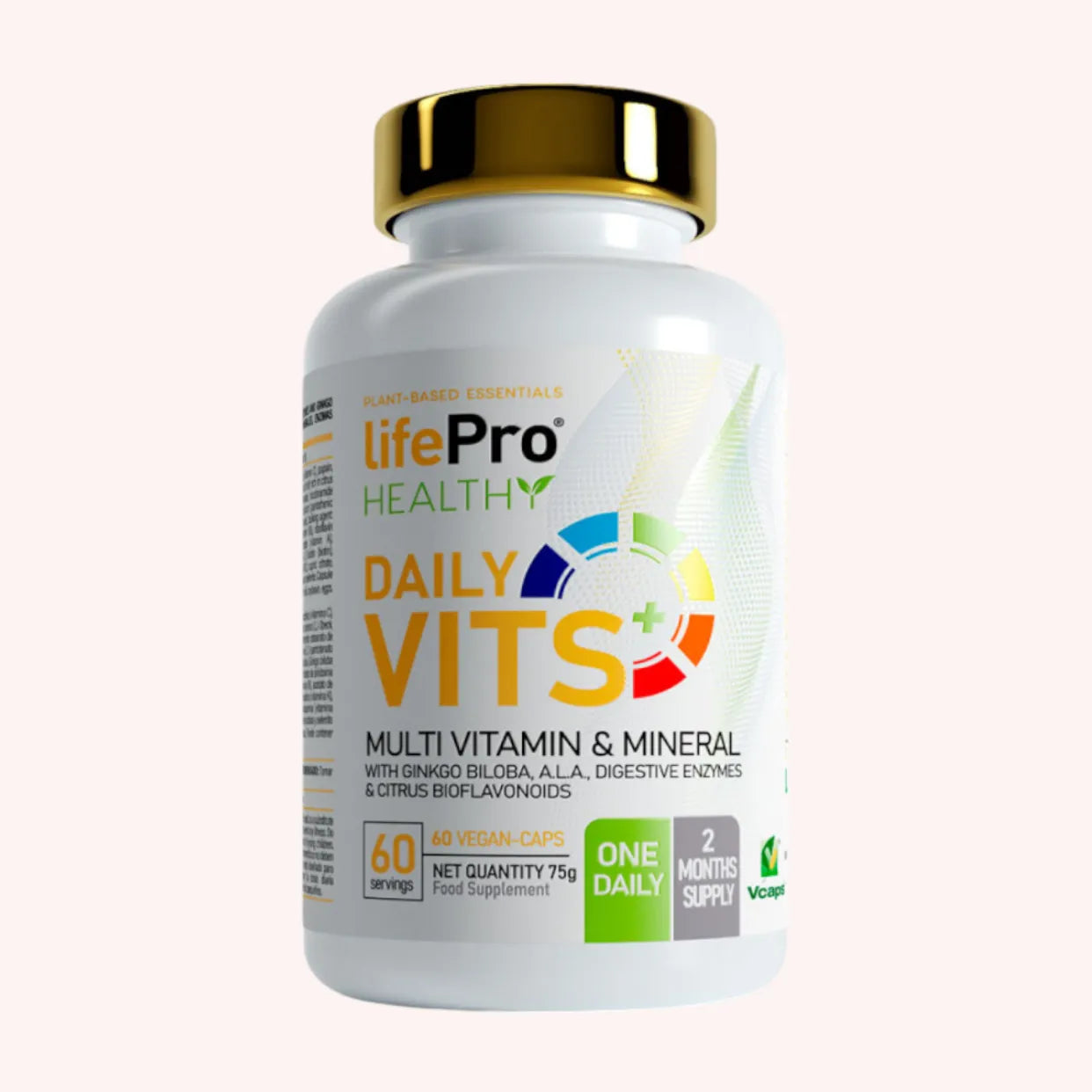Optimizing your physical performance is not limited to training or a balanced diet . It is a true art that requires a detailed understanding of your body and its needs.
In this context, dietary supplements play a central role: They offer targeted solutions to compensate for deficiencies, improve endurance, or even promote optimal recovery.
Making the right choice among the multitude of products available is not, however, trivial. It requires a thoughtful approach, which takes into account your specific objectives, your level of activity and the requirements of your body. Each supplement has a well-defined role, and their use, far from being universal, requires a certain rigor to maximize their benefits.
This guide will help you in this process. It is not just a matter of listing options, but of giving you the keys to understanding, choosing and integrating these valuable allies in an efficient and secure manner. Combining performance, well-being and intelligence in your choices is what we offer you here.
What is a dietary supplement?
Food supplements do not just supplement the plate, they embody a targeted response to specific needs that the traditional diet, although varied and balanced, does not always meet. These products concentrated in nutrients, vitamins, minerals or plant extracts are designed to support the body, whether by filling deficiencies, optimizing physical performance or promoting rapid recovery.
Unlike traditional meals, food supplements offer precisely calibrated doses to provide a targeted impact. Each formula is designed to meet a well-defined objective: Support endurance, strengthen the immune system , or soothe muscles after exercise. Their effectiveness is based on adapted and measured use, which takes into account individual needs and the particularities of each metabolism.
But behind their apparent simplicity, health food supplements require an informed understanding. Their design is based on rigorous scientific research, their use requires a certain amount of caution, and their integration must be done in harmony with an overall healthy lifestyle. They do not replace a balanced diet: They enrich it, complement it, and sometimes enhance it, thus becoming valuable allies for those looking to push their limits or simply feel better in their daily lives.
Why take food supplements?
In a world where modern food, although varied, sometimes struggles to fully meet the body's needs, food supplements are an appropriate solution.
If impoverished soils, intense lifestyles or the constraints linked to sustained sporting activity complicate the achievement of an optimal nutritional balance, these concentrates of nutrients, vitamins and minerals become valuable allies for well-being and performance.
Increased energy needs
For athletes or active people, energy needs explode. Physical effort requires increased intakes of vitamins, minerals and amino acids to support muscle and metabolic functions. Without these intakes, the body is exposed to increased fatigue and slower recovery, slowing progress and increasing the risk of injury.
Performance optimization
Targeted nutritional supplements allow you to go further, faster, and with better endurance. Substances such as creatine , BCAAs or ginseng not only support energy and muscle strength, but also strengthen resistance to prolonged efforts. By providing the necessary nutrients at the right time, they allow the body to fully exploit its potential.
Fast recovery
After the effort comes the time for repair. The intensity of training stresses the muscle fibers and can cause micro-lesions. Antioxidants, proteins and magnesium play a key role here, promoting cellular regeneration and limiting muscle aches. They thus allow a faster return to exercise while protecting the body from imbalances caused by exercise.
Stress management
Mental balance is just as essential as physical balance. In this context, adaptogenic plants such as ashwagandha or minerals such as magnesium provide valuable support. They help reduce the production of cortisol, often associated with stress, and promote general calm, essential for maintaining performance in the long term.
In short, food supplements , far from replacing a healthy diet , meet specific needs by adapting to the demands of everyday life. They contribute to the overall balance of the body and mind, while allowing everyone, whether they are an athlete or not, to achieve their goals in the best possible conditions.
Which food supplements for your goals?
Food supplements , when chosen carefully, become real levers to optimize your physical performance, accelerate your recovery or support your daily well-being. Each need, whether it is related to intense sports practice, the search for energy or the desire to age better, calls for a specific response. Here is a detailed selection to achieve your goals in a targeted and effective manner.
Improve physical performance
For athletes, improving physical performance requires a subtle combination of essential nutrients.
- Magnesium: This trace element plays a key role in muscle contraction and cramp prevention. It also helps regulate energy, providing better endurance during prolonged efforts.
- Spirulina: Spirulina is distinguished by its exceptional protein content (60 to 70%) and essential amino acids. It supports muscle growth, improves resistance and contributes to rapid recovery.
- Brazilian ginseng: A recognized adaptogenic plant, Brazilian ginseng stimulates muscle strength and endurance, while reducing fatigue linked to intense effort.
- Curcumin: An active extract of turmeric, curcumin is a natural anti-inflammatory that helps limit muscle pain and promotes rapid recovery after exercise.
Promote recovery
Muscle recovery is essential to progress while avoiding injuries. The right nutritional supplements accelerate this process and reduce post-exercise pain.
- Astaxanthin: This powerful antioxidant protects muscle cells from damage caused by free radicals, generated during intense exercise.
- BCAA: Branched-chain amino acids (valine, leucine and isoleucine) are essential for the repair and regeneration of muscle tissue after training.
- Marine magnesium: Particularly suitable for reducing muscle aches, it promotes optimal muscle relaxation and prepares the body for new exertion.
Increase energy and vitality
Maintaining high energy levels is essential, whether for athletes or in everyday life.
- Vitamin D: This vitamin helps prevent chronic fatigue and improves calcium absorption for stronger bones.
- Brewer's yeast: Rich in B vitamins, it transforms nutrients into usable energy, while strengthening hair and nails.
- Ashwagandha: An adaptogenic plant par excellence, it improves resistance to stress, stimulates energy and helps maintain overall balance.
Support weight management
Weight management often requires metabolic and digestive support. Some supplements provide effective solutions to support your efforts. But which dietary supplement to lose weight?
- Nopal: Also known as prickly pear, this fat binder absorbs dietary lipids, reducing their assimilation and facilitating caloric management.
- Activated charcoal: By improving digestive comfort and reducing bloating, it helps maintain a more harmonious figure.
- Green tea: Thanks to its thermogenic properties, it stimulates the metabolism and promotes fat burning, while providing beneficial antioxidants.
Beauty and well-being
Taking care of your appearance also involves supplements that support your skin, hair and nails from the inside.
- Marine Collagen: Known for its benefits on skin firmness and hydration, it also helps prevent signs of aging.
- Hyaluronic Acid: This powerful moisturizer works deep down to improve skin elasticity and reduce wrinkles.
- Spirulina: In addition to its benefits for physical performance, it prevents hair loss, strengthens nails and improves the overall radiance of the skin.
Each supplement should be chosen according to your specific goals and integrated into a consistent routine, in accordance with your personal needs. By combining a balanced diet , a suitable training program and these targeted solutions, you will put all the chances on your side to achieve your goals with efficiency and serenity.
When and how to take your food supplements?
Taking dietary supplements is not limited to swallowing a capsule or powder: It requires a thoughtful strategy to maximize the benefits. Each nutrient, each active molecule, interacts differently with the body depending on the time of day, the conditions of intake or even the physiological state.
Understanding these mechanisms allows you to optimize their effectiveness and ensure harmonious integration into your routine.
At mealtimes: Optimized absorption
Many dietary supplements , including fat-soluble vitamins such as vitamins A, D, E, and K, as well as some minerals, require the presence of fats to be properly assimilated. Taking them with meals maximizes their bioavailability and avoids the gastric discomfort sometimes associated with taking them on an empty stomach. Combining these supplements with a varied and balanced diet also promotes synergy between nutrients.
In the morning or before exercise: A targeted energy boost
To start the day or prepare for physical effort, choose supplements that stimulate energy and concentration. Spirulina, rich in proteins and iron, is an excellent choice to support endurance and muscle oxygenation. Similarly, vitamin B complexes, essential for energy metabolism, or vitamin D, essential for fighting chronic fatigue, find their place in your morning routine. Before training, BCAAs or caffeine, in the form of green tea or pre-workout supplements, provide a boost without compromising energy reserves.
Evening: A gentle recovery
At the end of the day, it’s time to help the body repair and relax. Relaxation supplements like marine magnesium or ashwagandha promote optimal muscle and mental relaxation. Magnesium, in particular, plays a key role in reducing muscle aches and preparing the body for rest. Ashwagandha, meanwhile, regulates levels of the stress hormone cortisol and supports restful sleep.
These products are particularly beneficial when taken after a light dinner, thus providing an ideal environment for their assimilation.
The Art of Balance: Thoughtful Holds
Beyond the timing of intake, it is essential to respect the recommended dosages and adapt the duration of the treatments according to the objectives sought. Excessive or prolonged intake of certain supplements, such as fat-soluble vitamins or iron, can cause adverse effects. It is also wise to consult a healthcare professional before introducing several supplements simultaneously, in order to avoid potential interactions and ensure a consistent approach.
Integrating food supplements into your daily life requires special attention, but this rigor is rewarded by tangible results: Better energy, accelerated recovery, and enhanced general well-being. By choosing the right time and the right combinations, you give your body the keys to function at its full potential.
Precautions for use: Ensure responsible use of food supplements
While dietary supplements offer many health and performance benefits, their use requires special vigilance. Their safety depends on appropriate intake, following recommendations and taking into account the specificities of each individual. Careless or excessive consumption can lead to adverse effects and compromise their effectiveness. Here are the key principles for a reasoned and safe approach.
Avoiding Overdoses: The Rule of Moderation
Even essential nutrients can become harmful in excess. Fat-soluble vitamins (A, D, E, K), for example, accumulate in the body and can cause side effects, ranging from headaches to more serious complications. Respecting the doses indicated on the packaging or prescribed by a professional is therefore essential. Overconsumption, far from reinforcing the expected benefits, risks unbalancing your body.
Monitoring interactions: A balance to be preserved
Dietary supplements , although derived from natural sources, can interact with each other or with medications. For example, high doses of iron can inhibit the absorption of certain antibiotics, while St. John's wort, often used to manage stress, can alter the effectiveness of oral contraceptives. Before combining several supplements or combining them with a drug treatment, consult a healthcare professional. The latter will be able to assess the risks of interactions and guide you towards the solutions best suited to your needs.
Avoiding accumulation and favoring alternation: The importance of targeted treatments
Taking multiple supplements indiscriminately can overload your body and lead to imbalances. Each supplement has an optimal duration of use that varies depending on its properties and your goals. Alternating treatments maximizes their effects while giving your metabolism rest periods. Adopting a thoughtful approach, focusing on one need at a time, guarantees lasting effectiveness and avoids unnecessary excesses.
Be vigilant about commercial promises
Not all dietary supplements are equal, and some products on the market may contain ingredients of questionable quality or poorly calibrated dosages. Favor recognized brands and check for quality labels and regulatory certifications. Also be wary of exaggerated or unfounded claims, which could mask an inadequate or ineffective composition.
Accountability and Personalization: The Key to Effective Use
Finally, it is essential to remember that each body is unique. What works for one may not suit another. Listening to your body, following recommendations and surrounding yourself with sound advice are the pillars of responsible consumption. Food supplements , used with discernment, then become real allies to achieve your goals, safely and in harmony with your specific needs.
Food supplements are real allies for athletes looking for performance, energy and well-being. For an optimal choice, identify your needs, target the most suitable products and integrate them intelligently into your routine. With a balanced diet and quality supplements, your goals are just within reach.
Sources:
-
Prasad, A.S. (2014). Zinc is an Antioxidant and Anti-Inflammatory Agent: Its Role in Human Health . Front Nutr, 1, 14. doi: 10.3389/fnut.2014.00014. PMID: 25988117; PMCID: PMC4429650. : https://pubmed.ncbi.nlm.nih.gov/25988117/
-
Calder, P. C. (2017). Omega-3 Fatty Acids and Inflammatory Processes: From Molecules to Man . Biochem Soc Trans, 45(5), 1105-1115. doi:10.1042/BST20160474. PMID: 28900017.: https://pubmed.ncbi.nlm.nih.gov/28900017/
-
Kim, S.K., et al. (2019). Role of Probiotics in Human Gut Microbiome-Associated Diseases . J Microbiol Biotechnol, 29(9), 1335-1340. doi:10.4014/jmb.1906.06064. PMID: 31434172.: https://pubmed.ncbi.nlm.nih.gov/31434172/
-
Yan, F., & Polk, D.B. (2011). Probiotics and Immune Health . Curr Opin Gastroenterol, 27(6), 496-501. doi:10.1097/MOG.0b013e32834baa4d. PMID: 21897224; PMCID: PMC4006993. : https://pubmed.ncbi.nlm.nih.gov/21897224/
-
Lipner, SR, & Scher, RK (2018). Biotin for the Treatment of Nail Disease: What is the Evidence? . J Dermatolog Treat, 29(4), 411-414. doi:10.1080/09546634.2017.1395799. PMID: 29057689.: https://pubmed.ncbi.nlm.nih.gov/29057689/
-
Figueres Juher, T., & Baseds Pérez, E. (2015). Revisión de los Efectos Beneficiosos de la Ingesta de Collágeno Hidrolizado Sobre la Salud Osteoarticular y el Envejecimiento Dérmico. Nutr Hosp, 32(Suppl 1), 62-66. doi: 10.3305/nh.2015.32.sup1.9482. PMID: 26267777.: https://pubmed.ncbi.nlm.nih.gov/26267777/





